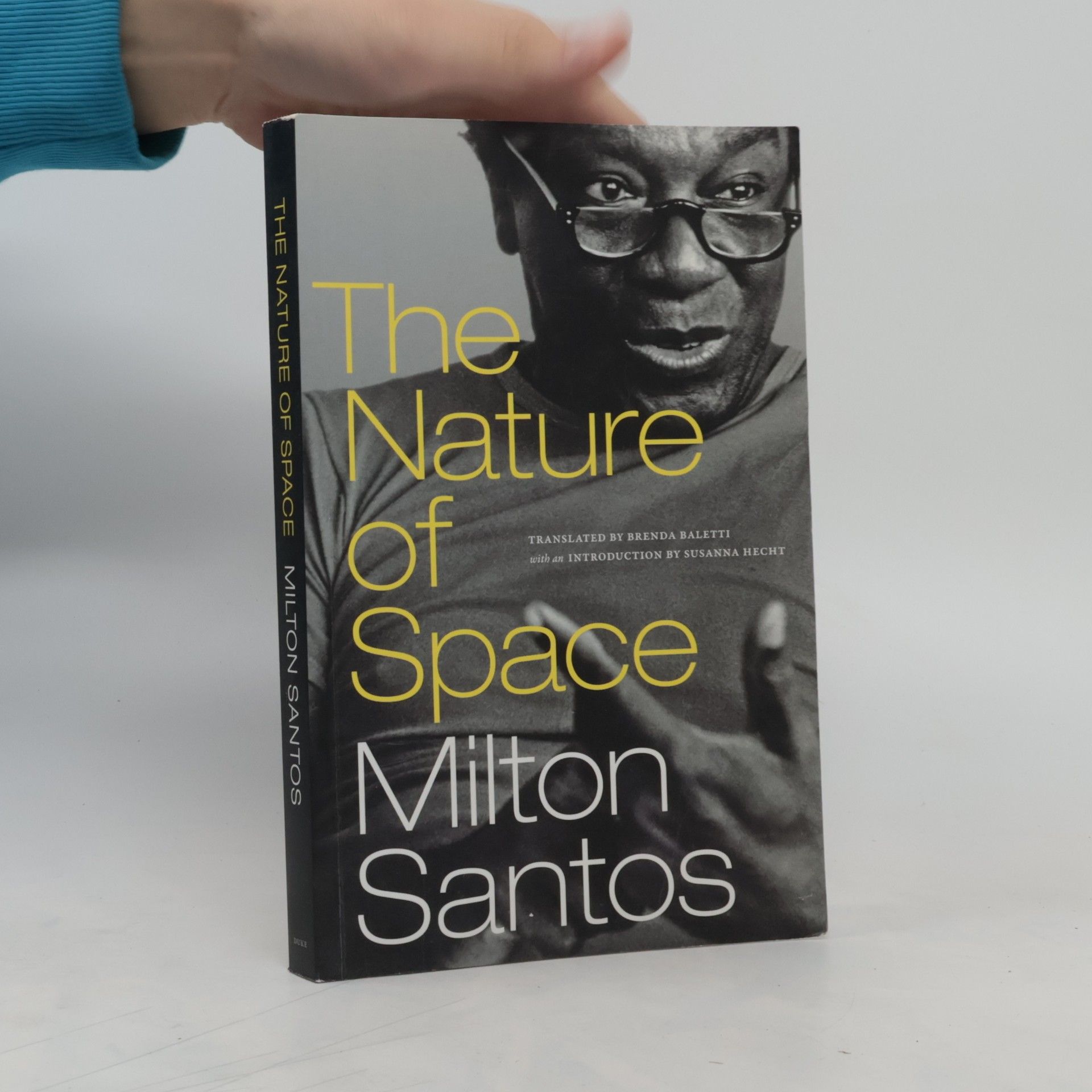In The Nature of Space, pioneering Afro-Brazilian geographer Milton Santos attends to globalization writ large and how local and global orders intersect in the construction of space.
Milton Santos Libros
Milton Santos fue un geógrafo brasileño cuyo impactante trabajo redefinió la comprensión de nuestro mundo. A pesar de enfrentar un exilio de trece años impuesto por una dictadura militar, transformó este período en una oportunidad para estudiar y enseñar en Europa, América y África. Su prolífica producción de más de cuarenta libros, escritos en varios idiomas, lo estableció como una referencia crucial para analizar críticamente el panorama global contemporáneo. Santos fue un pensador agudo, que distinguía entre lo 'nuevo' y lo 'innovador', y su enfoque de la geografía se caracterizó por un espíritu riguroso y combativo que desafió las perspectivas convencionales.

